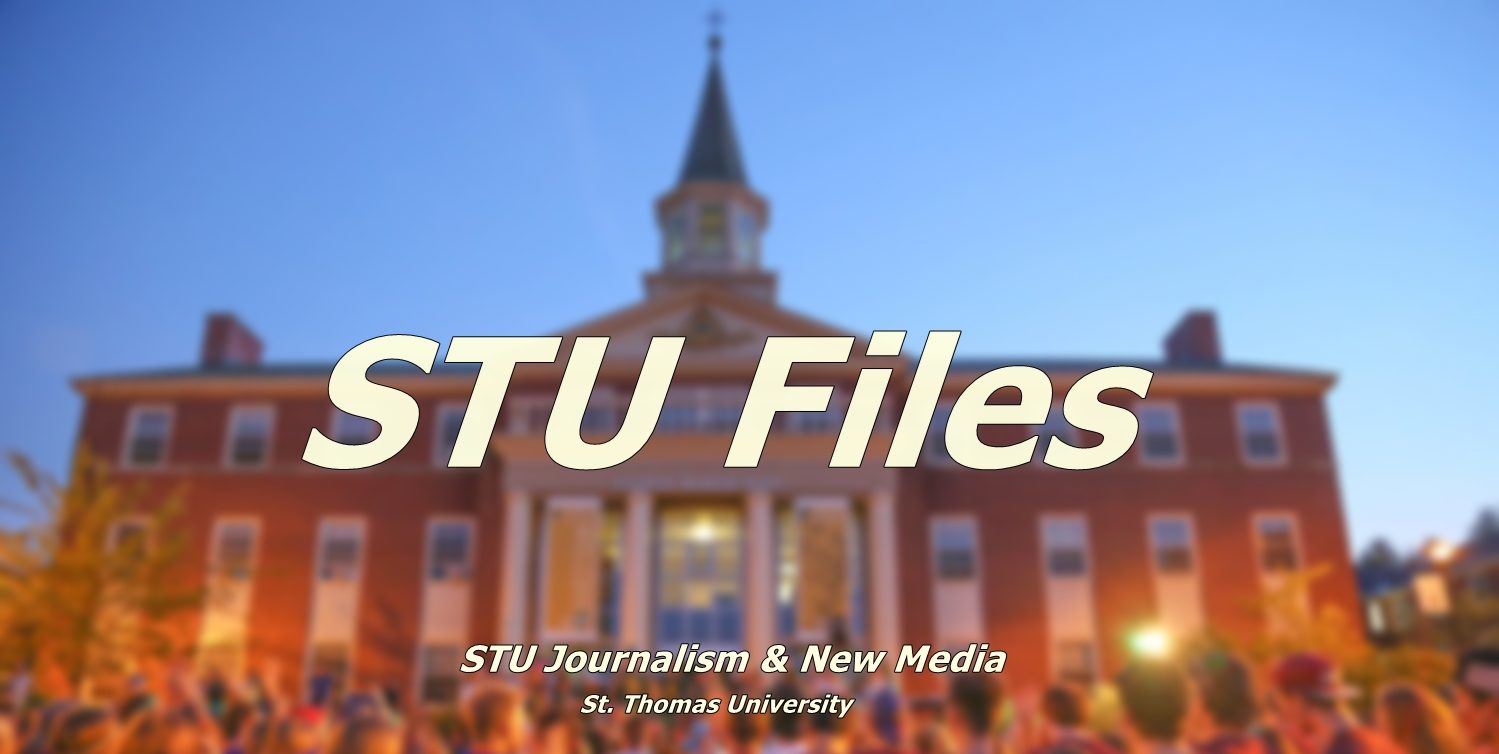National housing crisis begins affecting New Brunswick residents
For the past year, Canadians have witnessed the housing market soar upwards to a point that most would consider a crisis. This spike has been most noticeable in major markets like Vancouver and Toronto, but even smaller markets like New Brunswick are starting to take notice of this problem.
While it may seem common for housing costs to continuously rise over the years, 2021-2022 was historic. The Canadian Real Estate Association (CREA) reported that between March of 2021 and March of 2022, the average Canadian home price rose by 31.6%. This was not a constant increase either. The biggest spike was February to March of 2022, seeing nearly 6% increase in that month alone.
This significant rise doesn’t just affect those in massive Canadian real estate markets like Toronto and Vancouver. Even small and historically affordable markets like New Brunswick saw a massive rise, too.
Between August 2021 and August 2022, the New Brunswick Real Estate Association’s Multiple Listings Service (MLS) used their Home Index Price (HPI) to track the increase in housing costs, and the results were as expected.
During this time, the increase was not as high as the figure shown for the national rise in housing price, but the average New Brunswick home still saw a 20.9% spike.

To be more specific, single family home costs rose by 20.6%, apartment prices rose by 25.6%, and townhouse/condo prices saw the biggest spike at 33%, which is higher than the national average.
“A key reason Canadians are seeing this rise is because wealthy real estate investors are buying homes and leaving them vacant. They buy homes in key markets, wait for them to appreciate, and then sell years or sometimes decades later.” says St. Thomas University Economics student Liam McCann.
McCann also offered a solution: “A universal vacancy tax around Canada would be perfect. It forces owners to either use their property or sell it to someone who will.”

The premise of this idea is that if you leave a residential or commercial property vacant for an extended period, you must pay far higher taxes, which is enough of an incentive for owners to either use their property or sell to someone that will.
Fortunately for New Brunswick residents, despite seeing a huge increase in housing costs, they still pay significantly less than most other Canadian markets, with the average New Brunswick residential home costing $270,698.
To compare this figure to a bigger market like British Columbia, just over $270,000 would be a dream. Their housing cost during the same one-year time frame rose 18.7%, which is less than New Brunswick, but that increase put the average house cost at $927,877.
Real Estate student, investor, and landlord Kai Chan says “A lot of immigrants moving here to Canada, and as more immigrants move here, they’re looking to buy homes. Of course they have to pay the foreign buyers tax, but they still pay it and they’re very aggressive towards purchasing a home.”
While the rise in housing costs seems far more noticeable in larger provinces, it’s still obvious that smaller markets like New Brunswick are getting hit with cost spikes like the rest of the nation, with no signs of slowing down.

